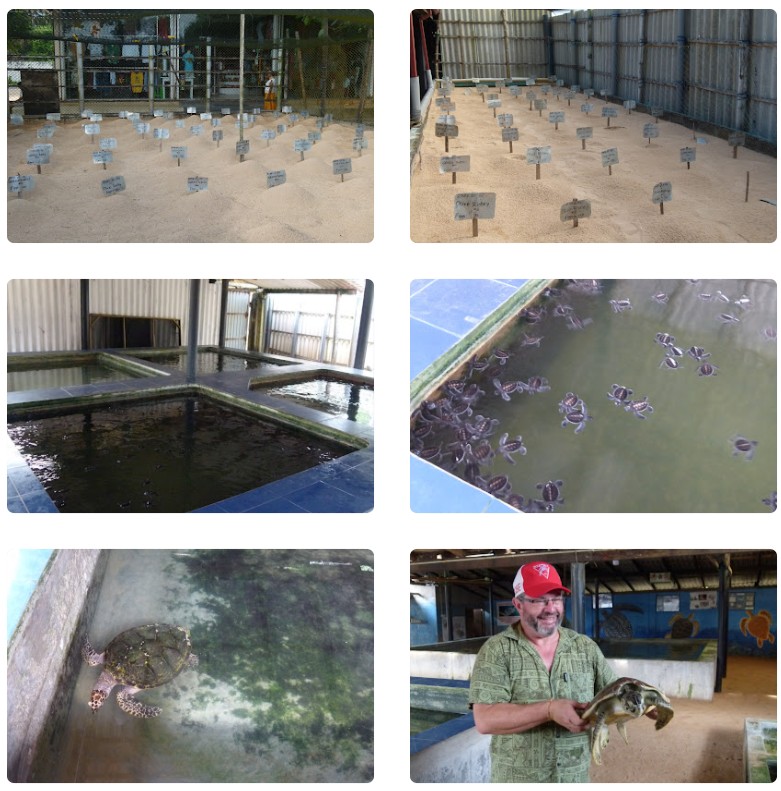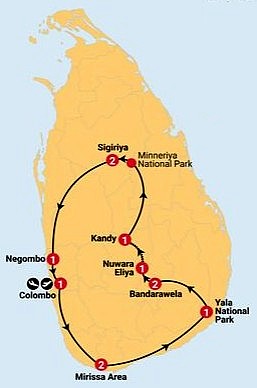In February 2023 we joined an organised tour to Sri Lanka.

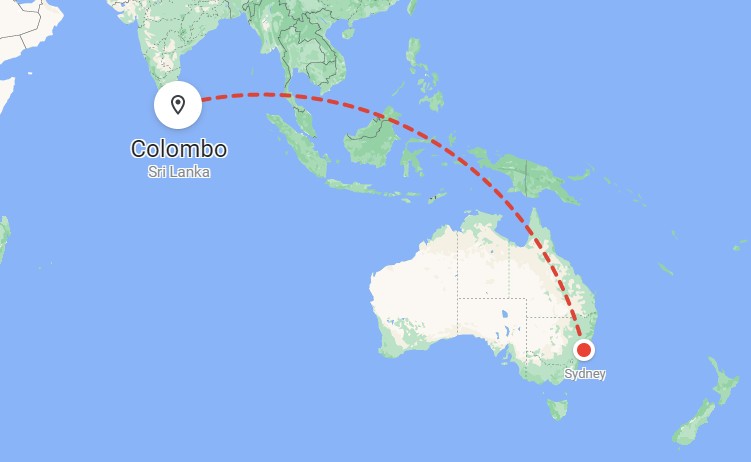
Beginning in the capital Colombo, on the west coast, our bus travelled anticlockwise, in a loop, initially along the coast; then up into the highlands; then north, as far as Sigiriya; before returning southwest to Colombo.
I was surprised by Colombo. I was expecting it to be more like Mumbai or perhaps Kochi in southern India, yet it is noticeably more developed, clean, and tidy. Some might say 'lacking in colour'.
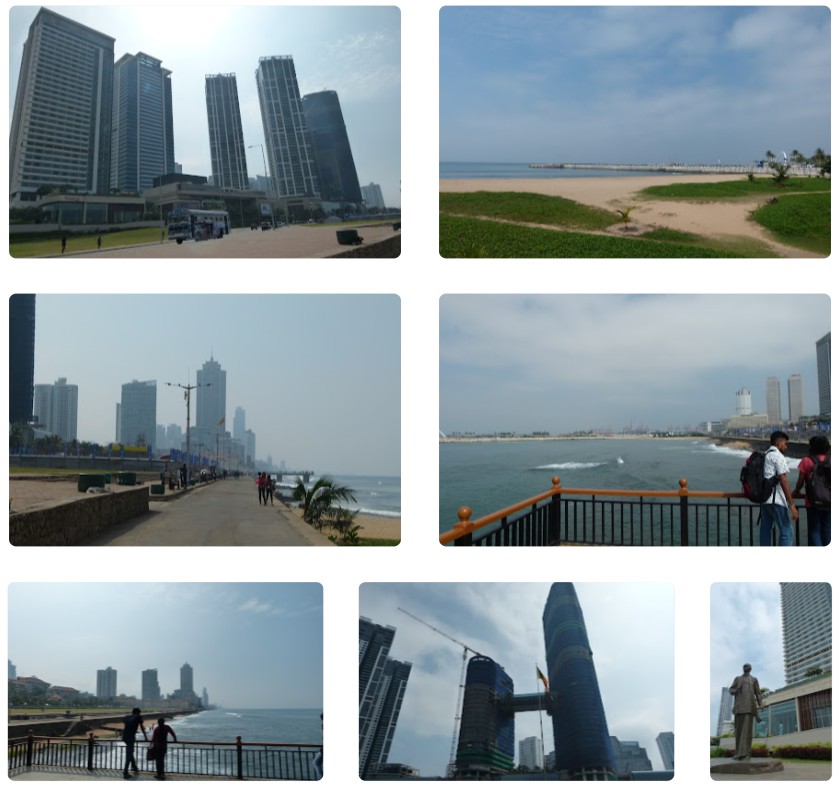
Sri Lanka is a leading economy in its region, when measured by most economic and social indicators, on a per capita basis.
It has a population of 22 million. So, it's small by comparison. Yet, on a per capita basis, its level of development is just behind Indonesia.
In development, it leads India and the Philippines; and is well ahead of Pakistan, Bangladesh and Myanmar (in dreadful disarray). This is despite a relatively recent civil war (until 2009), the Covid Pandemic and some perhaps dubious presidential economic decisions?
Of course, it's put into the shade by Thailand, Malaysia, Hong Kong and Singapore (that is developmentally ahead of most or Europe).
As you will see in the pictures that follow, the infrastructure is extensive and well maintained and countryside is generally well-kept, if a little in need of some TLC here and there.
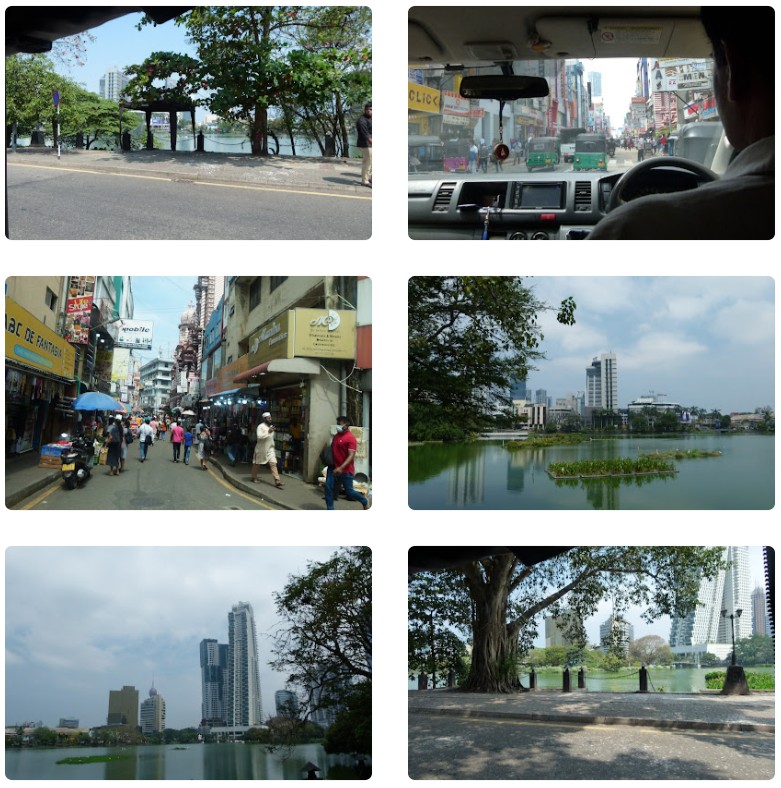
We spent the first day in Colombo, with its modern buildings and Buddhist Temple, complete with a lock of hair from the Buddha. Sri Lanka is Buddhist country and, as our later guide didn’t tire of telling us, Buddhism is an atheistic philosophy of being, not a religion. So, he told us, when people need to pray for divine intersession in their lives, they have to turn to a religion with a God or Gods. He, for example, is a Roman Catholic and a Buddhist. I’m not sure what the Pope or the Inquisition might say about this. But many people here are both Buddhist and Hindu, hence Ganesh in a Buddhist temple.
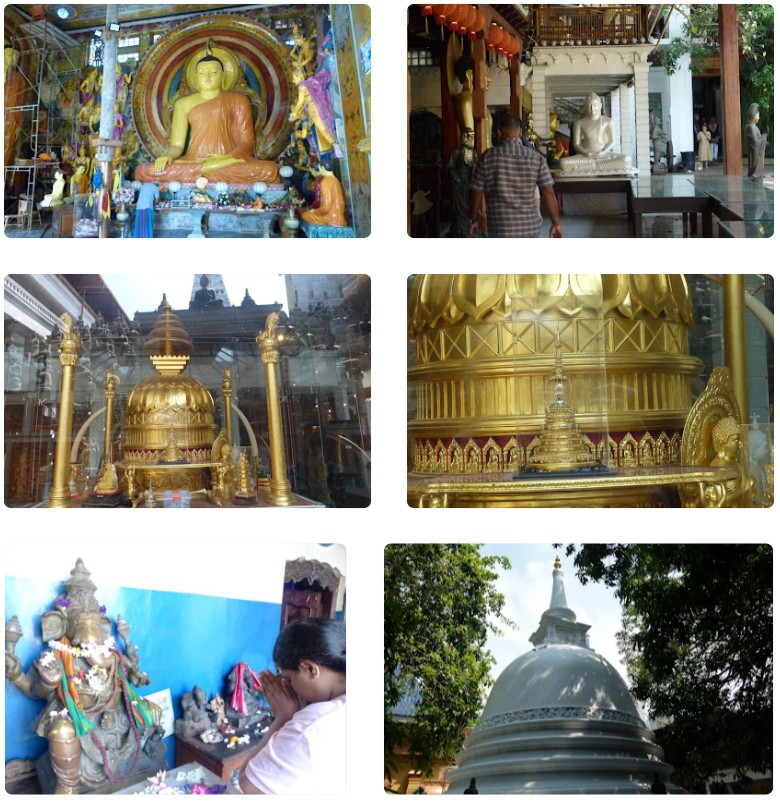 In the centre is a Sacred Hair Relic of the Supremely Enlightened Buddha said to possess miraculous powers
In the centre is a Sacred Hair Relic of the Supremely Enlightened Buddha said to possess miraculous powers
Below is Independence Memorial Hall, a national monument in Colombo built to commemorate of the independence of Ceylon from British rule on 4 February 1948, when full governing responsibility passed to the Ceylonese-elected (unicameral) legislature.
Partial local rule by a Congress had existed since 1919, followed by the Legislative Council of Ceylon. Then, in 1931, the State Council of Ceylon was established with universal adult franchise.
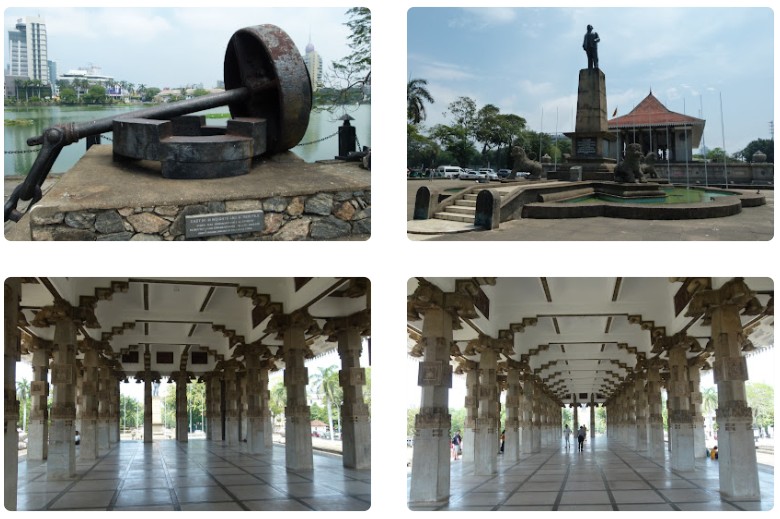
Therein lay the seeds of troubles to come, because of the strong ethnic, religious and language differences between the Singhalese and Tamil populations. The universal franchise meant that the minority Tamils were out-ruled on every point of difference and there was no 'house of review' to protect regional interests. After independence, these tensions escalated, not helped by Indian intervention on behalf of the Tamils who wanted an independent state.
After independence nationalism prevailed (what have the British done for us?). In 1965 popularist S.W.R.D. Bandaranaike was elected prime minister. When he was assassinated three years later, his wife, Sirimavo Bandaranaike took his place, becoming the world's first female prime minister. Between them they actively strove to erase British influence and promoted the Buddhist religion and Sinhalese language and culture.
In addition to nationalizing various economic enterprises and imposing land reform, Bandaranaike's government enforced a law making Sinhalese the sole official language, further alienating many in the country’s large Tamil minority.
In 1972 following a Marxist insurrection, Bandaranaike introduced a new constitution creating an executive presidency and making Ceylon into a republic, renamed Sri Lanka.
But the new Republic fell victim to economic stagnation. As a result, Bandaranaike lost power in 1977.
None of this improved ethnic tensions. As a result, between 1983 and 2009 all-out civil war erupted, aimed at establishing an independent Tamil State, with the infamous ‘Tamil Tigers’ becoming terrorist bombers.
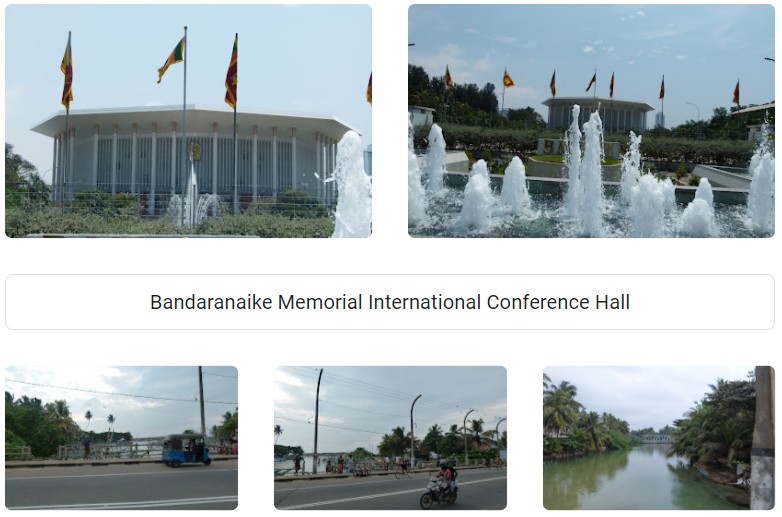
Meanwhile, both Bandaranaike's son and daughter were politically influential.
In 1994. Chandrika, her daughter won the presidential election, becoming the country’s first female president. Chandrika promptly appointed her mother, Sirimavo, to serve as prime minister in her new government. Together they mounted a major military campaign against Tamil separatists. It was not for another fifteen years, and in other hands, that peace was restored.
Yet it's not clear that it's fully resolved Tamil grievances.
From here, on day two, we headed south, down the coast stopping at a turtle hatchery where thousands of turtles of several different species are given a leg-up on life before, in most cases, being eaten by predators, including humans.
